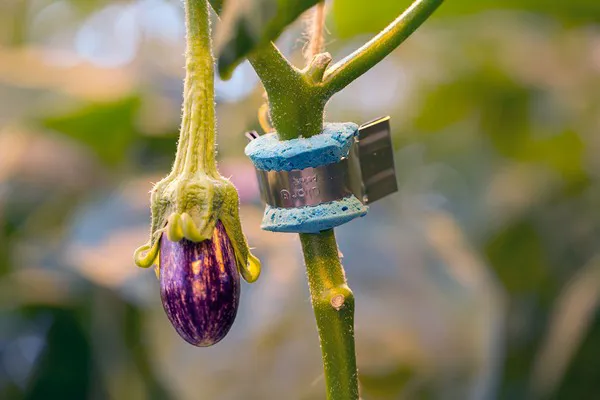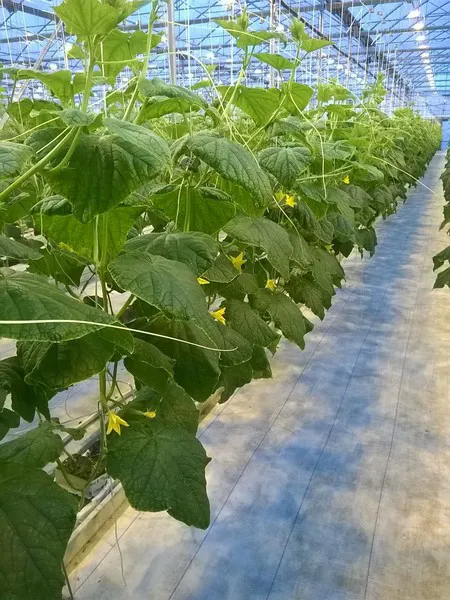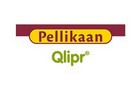Many horticultural businesses are in the middle of the crop change or it has already been done. This also means that the used crop gets shredded and removed. These crop remainders often contain plastic. Dutch tomato growers have over two billion plastic clips and 864,000,000 meters of plastic rope per year.

The European Parliament forbids single-use plastic, starting 2021. One of the three headlines from this new legislation is a stricter application of this principle, and the polluter has to pay.
And that will happen in  horticulture as well, is the expectation at Pellikaan. Cor Pellikaan: "At the moment, growers pay a lot for the processing of the disposal. These costs will go up a lot in the coming years. In 2027, legislation completely forbids it. Are growers going to wait, or are they going to transition to a crop clip system that's completely plastic free early on?"
horticulture as well, is the expectation at Pellikaan. Cor Pellikaan: "At the moment, growers pay a lot for the processing of the disposal. These costs will go up a lot in the coming years. In 2027, legislation completely forbids it. Are growers going to wait, or are they going to transition to a crop clip system that's completely plastic free early on?"
With the eye on the future and the next generation, it's certainly important to lower the CO2 footprint as much as possible. Cor Pellikaan: "With the Qlipr System, the crop doesn't contain any rope and plastic, and it can be easily and cheaply shredded and composted immediately after the cultivation."
For more information:
PelikaanQ Gewasklemsystemen
info@pellikaanQ.com
www.pellikaanq.com
